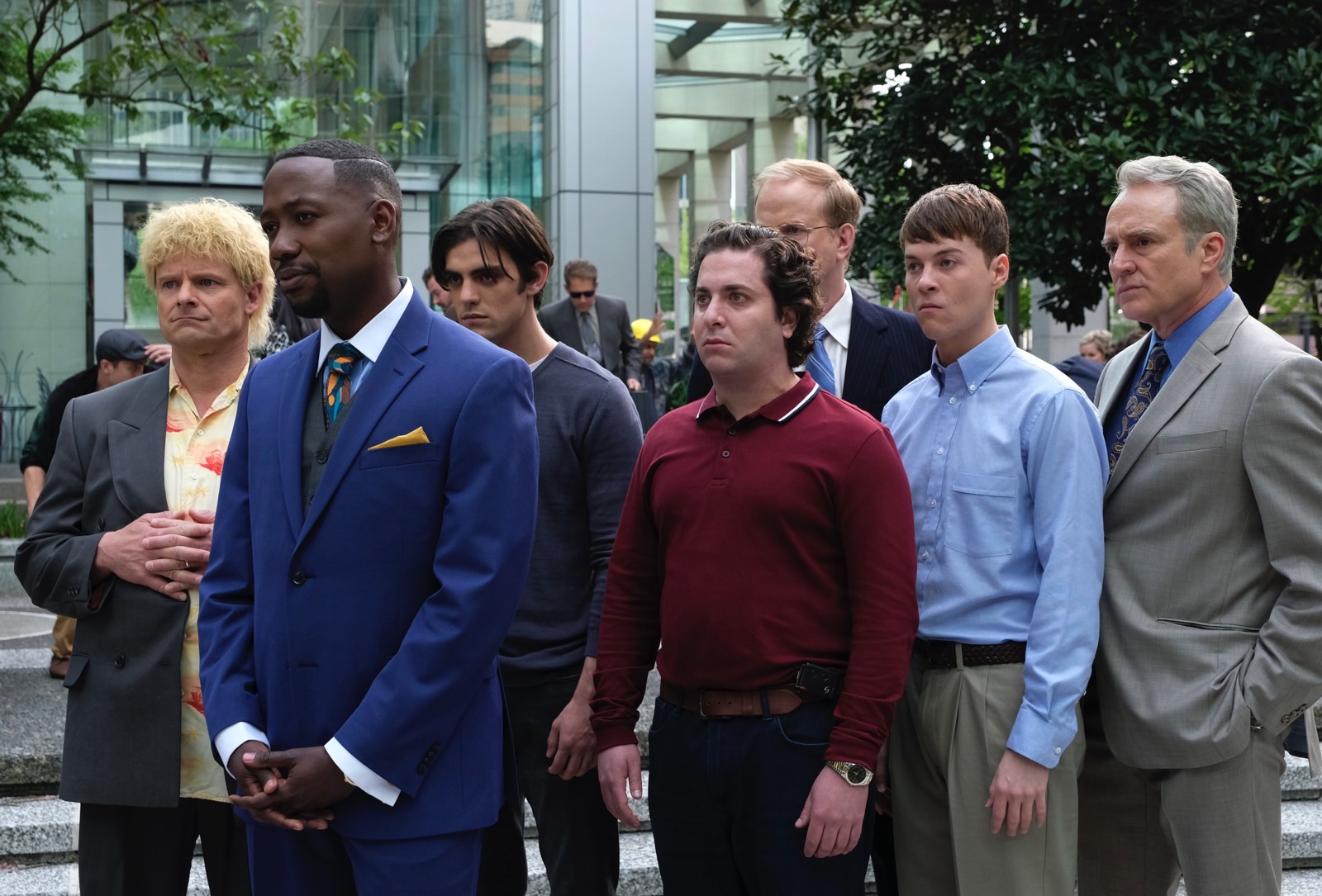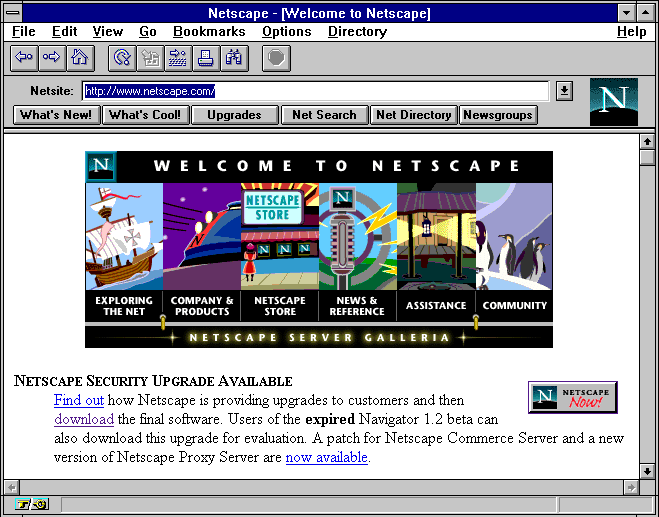
The technology world moves so quickly, it's easy to forget what we've learned from the past. That's precisely what National Geographic is aiming to explore with Valley of the Boom, an upcoming series about the nineties dot-com era. Created by Matthew Carnahan (House of Lies) and executive-produced by Arianna Huffington, the show will chart the rise and fall of three startups: Netscape, which helped popularize web browsers; theglobe.com, an early social media site; and Pixelon, a video-streaming company that was famous for its over-the-top launch party (iBash '99!), only to crash and burn shortly after. Valley of the Boom isn't airing until January, but this week we had a chance to chat with Huffington about her vision for the series.
"I'm very interested in the period that the series is covering," Huffington said in a telephone interview. "Because, as you know, with my new company Thrive, we are focusing a lot on the unintended consequences of technology in our lives. The pace of much of social media and our phones and technology generally has hijacked our lives and has made our connection with ourselves and others harder. So I'm fascinated by the way Matthew Carnahan, in this series, takes us to the beginning, the origin of the internet. You know, the idealism, the triumphalism. There was really not a glimmer of any concern about what it might do to our lives. So I find it an amazing juxtaposition."
"The value of the boom period, which in a way is Internet 1.0, is the beginning of FOMO; it's the fear of missing out in the dot-com craze," she added. "And people wanting to get on the dot-com train, even if they didn't know where the train was going, which is how so many frauds were perpetrated on the public." That's something we're seeing today with failed startups like Theranos, which whipped up a frenzy of hype with its "disruptive" blood-testing technology that didn't actually exist. And of course, there are other high-profile failures like Juicero, which managed to raise $118.5 million in funding for a completely superfluous juicing machine.
The browser wars of the nineties -- Netscape versus Microsoft's fledgling Internet Explorer -- reflect conversations we're having now about tech competition, Huffington points out. And it's also an example of just how much slower the law is than the technology world. The Justice Department's antitrust case against Microsoft began in 1998, the same year Internet Explorer surpassed Netscape's market share, and the trial wasn't settled until 2001. By then, Netscape, which was acquired by AOL in November 1998 for $4.2 billion, didn't have a chance at reclaiming its industry dominance.

While the Netscape story has a bittersweet ending, Huffington believes it still has a few things to teach companies today. "I think they can learn about the importance of founders often teaming up with more recent business leaders, like happened with Marc Andreessen [played by John Karna in the series] and Jim Barksdale [portrayed by West Wing alum Bradley Whitford]," she said. "So that at the same time that a company's growing exponentially, there is the infrastructure so that the growth is sustainable. And I think that's a great lesson. And Barksdale comes across in the series as kind of adult supervision at Netscape."
The six-episode series will bring us back to the nineties using a combination of documentary footage, dramatizations and creative scenarios, like rap and dancing. At one point, a young girl will break down IPOs for the audience. "Matthew has blown up the genre," Huffington said. "The whole thing works amazingly well because it captures the drama and the character of the period. So instead of telling you that the period was chaotic and traumatic, it actually shows it."

Steve Zahn as Pixelon founder "Michael Fenne."
National Geographic/Bettina Strauss
Huffington wants audiences to take away two main ideas from Valley of the Boom. First, company culture matters. "When tech companies worship on the altar of hyper-growth, and they ignore the importance of culture, that has business consequences, because culture is like a company's immune system," she said.
Huffington should know. As a member of Uber's board since 2016, she has had a chance to shape that company's guiding philosophy amid its skyrocketing growth. After Susan Fowler wrote about the pervasive sexual harassment at Uber, Huffington helped lead an investigation into the matter, which led to the firing of more than 20 employees. That was one of many scandals that forced Uber's CEO, Travis Kalanick, to resign last summer.
As for the second takeaway from the show, Huffington wants to make it clear that "Internet 1.0" was about the idealization of data and access to information.
"And now we are beginning to recognize that we are drowning in data, and starved for wisdom. That we have access to unlimited information, but it's harder for us to distinguish between fact and fiction, between the important and the unimportant, between what really matters and what doesn't."
Images: Arianna Huffington, Brian Ach/Getty Images
Взято отсюда